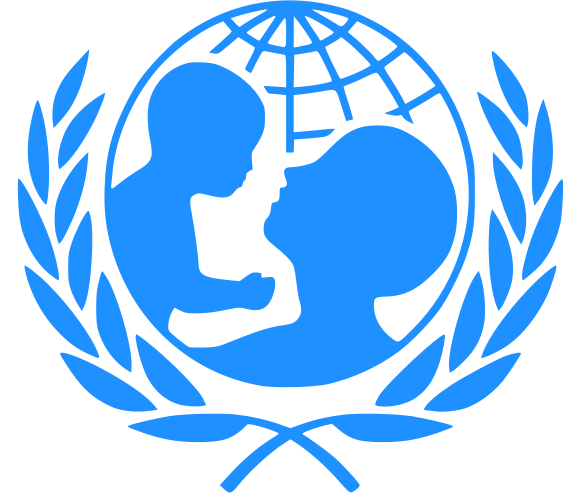World Food Programme (WFP) and United Nations International Children’s Emergency Fund (UNICEF) said 57 percent of the population in South Sudan will be food insecure by 2025.
Mary-Ellen Mc Groarty, Country Director and Representative for the United Nations World Food Programme stated that the influx of returnees fleeing the war in Sudan will increase the highest levels of hunger and malnutrition in South Sudan.
The Integrated Food Security Phase Classification (IPC) in press release shows more than 85 percent of returnees fleeing Sudan will be acutely food insecure through the next lean season, starting in April.
Mary-Ellen added they will also make up almost half of those facing catastrophic hunger, as they struggle to rebuild their lives amidst an unprecedented economic crisis, severe flooding, and prioritization of resources as needs outpace funding.
”The emergence of the economic crisis and associated high food prices as a key driver of food insecurity sends a powerful message that it is time to collectively increase our investment in supporting South Sudanese to produce their own food.,” said Meshack Malo, Country Representative of the Food and Agriculture Organization of the United Nations in South Sudan.
”Year after year we see hunger reaching some of the highest levels we’ve seen in South Sudan and when we look at the areas with the highest levels of food insecurity, it’s clear that a cocktail of despair – conflict and the climate crisis – are the main drivers’’ Said Mary-Ellen, Country Director for the United Nations World Food Programme (WFP) in South Sudan.
”UNICEF is deeply concerned that the number of children and mothers at risk of malnutrition will continue to increase unless efforts to prevent malnutrition by addressing its root causes are scaled up, alongside the provision of immediate nutrition support to treat malnutrition among children who are at higher risk of death,” said Ms Hamida Lasseko, UNICEF Representative in South Sudan.
The IPC also indicates that the impact of concurrent crises in South Sudan is far reaching with the overall number of people facing acute food insecurity projected to increase to almost 7.7 million (57 percent of the population) through the next lean season, up from 7.1 million this year.

